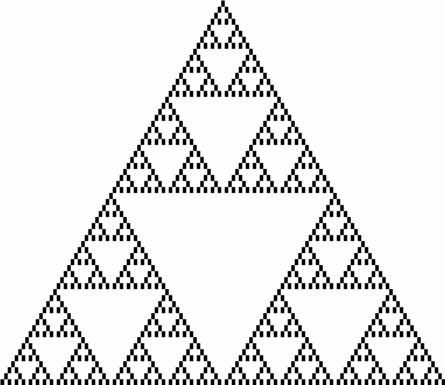Science is a volatile subject. Traditional science originated from observations of the physical, specific and the immediate. As it progressed to modern science, the turning point being the Newtonian framework for understanding the universe, its evolution to Einstein’s theory of relativity and later quantum theory and computational science, it has increasingly concerned itself with abstract and often counter-intuitive concepts. In recent years a number of alternative scientific paradigms have sprung up and regardless of whether they end up being the next orthodoxy, they have already demolished some of the foundational theories in many scientific fields. Science, itself subject to evolution, pushes the Final Theory further as its horizons expand.
Religion is a stable and more or less fixed subject, certainly compared to science. It does make statements about physical reality and human affairs, but it does not concern itself with the temporary and the transient. I am therefore surprised that Brian can make such definite comparative statements about the two:
…the Book of Genesis makes claims about the origin of the earth and of its biological contents which, as was well understood in the late nineteenth century when these matters were first debated, are in total opposition to the theory of evolution. Either God was the maker of heaven and earth (as I was made to proclaim every Sunday morning when I recited the Creed at school) and men and beasts and plants and bugs, along the lines claimed in Genesis, or he was not.
You can’t have it both ways. Only by completely overturning what Christianity has meant for the best part of two thousand years, as the Church of England seems now to be doing by turning Christianity from a religion into a political sect, can you possibly believe that there’s no argument here.
I do not know whether you can have it both ways, but I am certainly not convinced by Brian’s argument. It doesn’t do to point out that one is ‘an orthodox twentieth century boy’ in one’s scientific ‘dogmatism’ and then proceed making sweeping suggestions as to intellectual viability of religion as a whole. The underlying assumptions at work here seem to be: a) the religious texts can only be interpreted in the 19th century fashion and b) the traditional understanding of evolution is correct and/or final. I shall not grace Brian’s use of the Church of England’s website with any assumptive force or category.

The book of Genesis, written many moons ago, does contain some very specific and visual claims about how the world came about. The interpretation Brian is familiar with would have been based on 18th century ‘deism’, a rather mechanistic understanding of the world, gradually upgraded with the scientific knowledge as it progressed into 19th century. It wasn’t until 20th century that several scientific disciplines have been shaken to their axioms but none of the tremors have yet been translated into a wider meta-contextual knowledge, quantum theory being a good case in point.
Brian says that ‘creationism’ is in total opposition to ‘evolution’. Without getting bogged down in definitions, if creationism means that the world was created, word by word, according to the book of Genesis, as some fundamentalist Christians insist, then I agree with Brian. However, that neither confirms validity of evolution as currently understood nor confines Christianity to the dustbin of the unscientific and irrational.
Let’s have a look at evolution. One of the foundations of the theory of evolution is natural selection. According to a modern paleontologist Stephen Jay Gould, the fact that there are thousands of potential shell shapes in the world, but only a half dozen actual shell forms, is evidence of natural selection. According to my favourite scientist and complexity theorist, Stephen Wolfram, you don’t need natural selection to pare down evolution to a few robust forms. He also discovered a mathematical error in Gould’s argument and there are, in fact, only six possible shell shapes, and all of them exist in the world.
Organisms evolve outward to fill all the possible forms avaiable to them by the rules of cellular automata. [ed.note: Cellular automata are a set of self-reproducing mathematical rules.] Complexity is destiny – and Darwin becomes a footnote. A mollusk is essentially running a biological software programme.

Stephen Wolfram’s discovery about the nature of the universe suggests that the complexity that we see in the natural world can originate from very simple rule(s). One of the implications of his work is that it creates a ‘bleeding-edge’ scientific theory that proposes that the entire universe – with its perplexing combination of good and evil, order and chaos, light and dark – could have been started by a First Mover using a dozen rules.
It is therefore possible that neither science nor religion are ‘finished’ with their understanding of the nature of reality. For science, new paradigms may change the way it views the universe(s). For religion, it may not be necessary to revise its texts as the ‘creationist’ interpretation becomes irrelevant in the light of new scientific knowledge. One thing is certain though, I have more sense than to start debating religion with a devout atheist and especially one whose atheism, in his more lucid (i.e. not anti-religious) moments, is entirely rational. I merely object to the very narrow interpretation of ‘science’ and ‘religion’, namely Christianity, used to make a rather glove-in-your-face point.





